MY LAST WORD: Drab show in the Jr World Cup
Share
No team had been training so hard for so long and spending so much as that of India in the run upto the recent Junior World Cup. This was even talk of the town in Singapore and Malaysia where another edition of which was consigned to the recess of history.
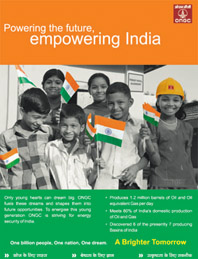
In the ninth Junior World Cup, we finished ninth, some what as intrigue as that of seniors who finished tenth in the tenth World Cup staged in the same peninsula 7 years ago.
After successfully defending the Junior Asia Cup last year, Indians have been either on the never-ending camp spree or on ‘continental’ tours – all to prepare for this tournament.
Far-flung Argentina, no less nearby Melbourne (Australia), and then a 4-Nation in the host country were part of their global trotting. The team had the same manager, almost same coaching staff, every time an august assembly of former Olympians faithfully stamped the team that the chief coach AK Bansal would want.
The players were cocooned in camps either at Sonepat or Bhopal, running to weeks and months in different spells.
The tours and camps were envy of most coaches in Singapore who spared no opportunity to take a dig at this, hinting that they can’t afford to ‘India like programs’. New Zealand coach Peter Miskiminn sang ‘2 sessions of 3 days each’ song almost non-stop as if to hit India below the belt! Those coaches from pauper Federations were in fact mocking at us, seriously.
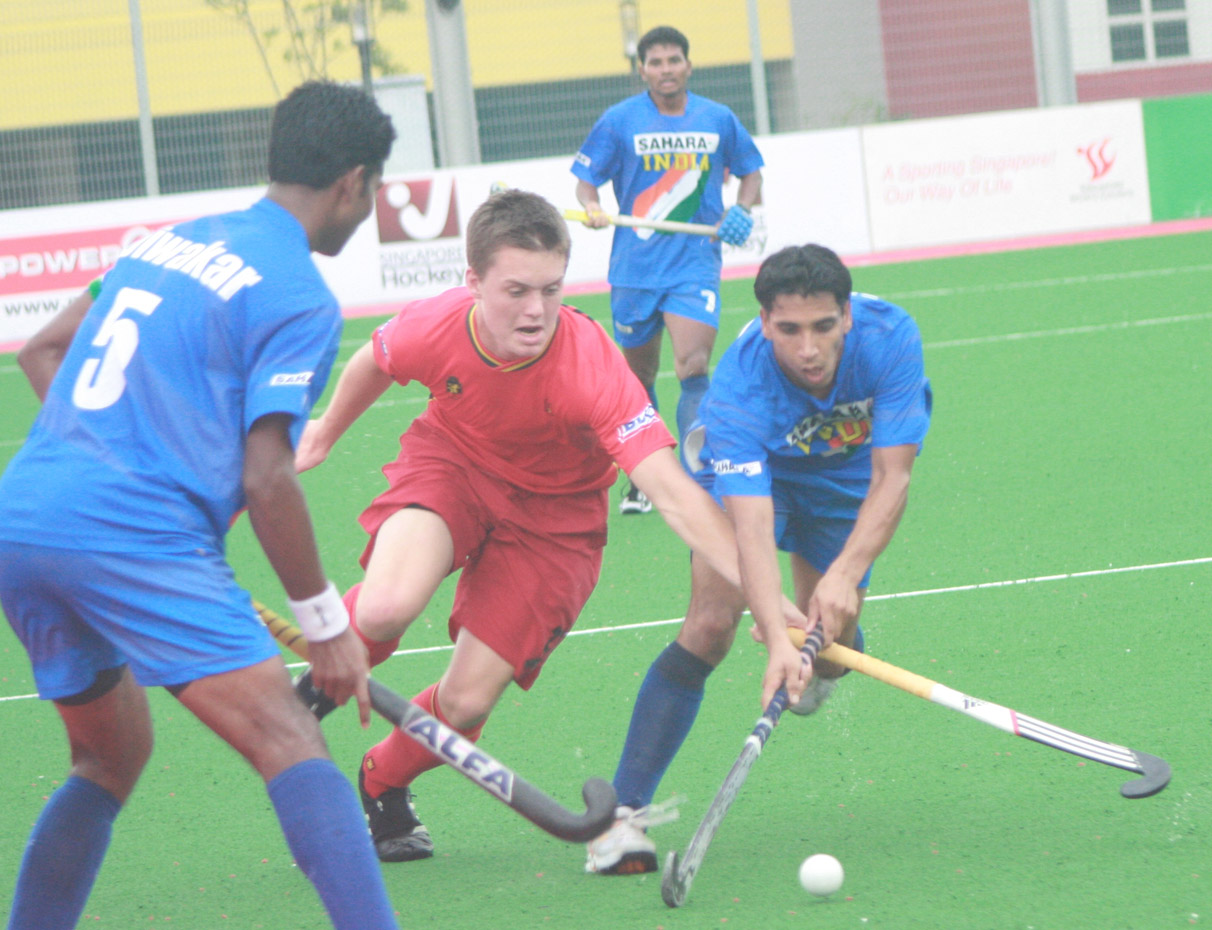
They were proved correct in the end, might have returned home with even larger grin and glee.
The Singapore event went the way Buenos Aires was for Indian girls in the 2001 Junior World Cup. Satinder Walia’s team just lost a match and drew New Zealand but the latter moved to the Medal round while India won all other matches in the non-medal round!
Despite getting whatever he wanted – camps, players, facilities, support staff – Bansal failed us. We expected unexpected from Bansal, a truly PHL hero coach.
Unlike previous two world cups, the pool comprised not just four teams but five. It meant the coach got a breathing space, can afford to have one bad day, lose to an equal or weak team still enough elbow room existed for making it to the medal round.
India unfortunately did not avail the godsend, the luxury his predecessors did not get.
Once India was caught off-guard by the ultimate team of the tournament, New Zealand, it had a chance to move up with a victory over Netherlands, a team that is neither formidable nor invincible. The sudden clouds on the sky too did a favour to the Dutch for their first win over India in the last 20 years.
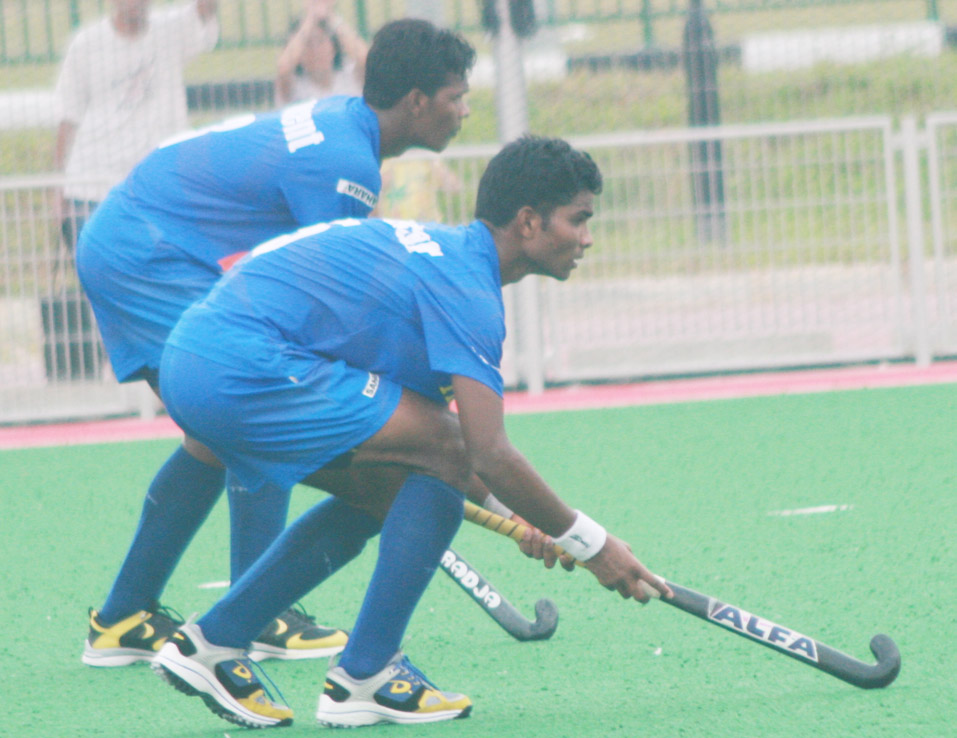
Suffice to say, India did not have in it to come out unscathed in crucial matches — not only here but also on most other occasions.
Netherlands scored its winner early in the second half, leaving enough time for India to go in for the equalizer and if possible the winner.
In the last ten minutes, India had 10 players, the Dutch mere 9 due to spate of yellow cards.
India got 3 penalty corners in the last 4 minutes, 2 not stopped, one drag flick fell in the waiting hands of goalkeeper as if a fielder is catching a miscued hit in cricket. Any mediocre team would have made its moments, but we were not.
The pusher, stopper and hitters were same, monotonous and predictable (did I not say the same during Asia Cup as well?). Everything changed once India was relegated to non-medal round! Nothing of trump, say, a old player in a new role or a winning strategy was evident when it mattered most in the first phase.
To a pointed query in the press meet after NZ match, Bansal indicated Plan B for Netherlands match in case Diwakar failed — but we did not see one.
I followed the junior program keenly — it has always been pleasure to do so considering the fact that the players are faithful, lovely and natural – only to painfully observe two damaging factors emerge, stay put and refuse to go away even as deadline neared.
First, the Diwakar factor: The team took every outing as a medal prospect, went full pledged and still not won single title on foreign soils in the last three years.
Monchengladbach to Johor Bahru 4-Nation, this has happened. In other words the coach did not risk his combination in general and Diwakar Ram in particular.
In the run up to the Rotterdam Junior World Cup, then coach Harendera dropped at least two key players in each outing. It sounded logic.
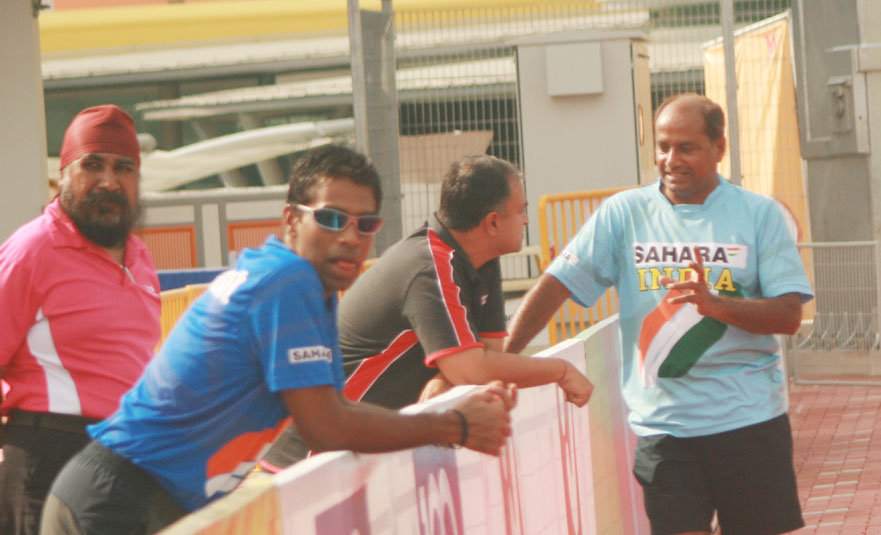
Indian team should have played at least one tournament without Diwakarram; if so perhaps the Singapore fiasco could have been averted.
Fielding Diwakar for PC purposes in an inconsequential match, that too after having qualified for the final, of the Youth Olympics is the pointer. This has been the trend everywhere. This team therefore won and lost with the form or lack of Diwakar ram’s. This is unfair to him, not a right course for fairly applauded coach like Bansal.
In modern hockey, a consistent team should be able to out-score, post at least 4 goals per match. Take pain, compile scores, you will near down to this average.
Indian forwards failed, and those blind shots were eye sore. They came on their own and scored beautiful, fluent and exciting goals in the non-medal round, what’s the use and for what? They were sedate, submissive, subdued in the first phase despite having established dominance on ball share.
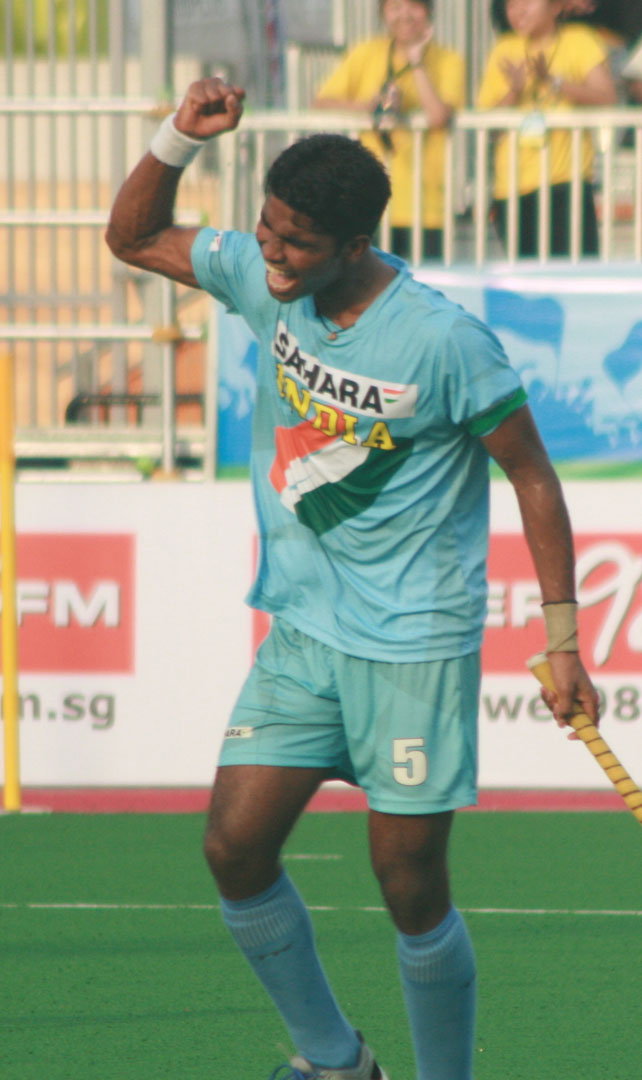
Therefore, accusing goalkeeper – isn’t the worst way to understand a match ? – does not seem a right post mortem. Especially when the coach has the courage to chart a new goalie in such a crucial outing as World Cup. But for his first choice Mrinal’s alacrity, New Zealand would have defeated India in the first place. In the last minute, when Simon Child, running arc like in front of the open goal, clearing reminiscing of old timers of Shahbaz Ahmad, gently scooped the ball towards the goal from close range, Mrinal spotted it, thankfully leaving the ultimate ‘Player of the Tournament’ flummoxed. Does not goalie save count, only let-ins?
Second factor was never winning crucial matches: This factor is less prominent than the first but in the end this did enough damage.
Two months ago, colts scored three goals in the first 10 minutes against Pakistan in the league match at Johor Bahru 4-Nation. Two days later in the final the Indian attack turned in a pathetic show that it could not be comprehended what happened to them between 48 hours. India did not win any finals so far as pressure management seemed to be the bug bear of this particular team.
Seen this against the backdrop of the statistics that this team hardly won any team twice in any competition, the emerging picture answers Singapore fiasco.
The team did not have in it the champions stuff, a run of the mill ritual all through.
This team spent public money to the tune of at least Rs.1.5 crore to finish ninth!
What is the answer? Who is responsible? Who is accountable?
The experience gained by the players of course is long term investment.



Very disappointing performance after all the time & money spent on this team’s preparations.We messed up the NZ game and ultimately that cost us any chance of progressing.We are obviously doing something very wrong with all our teams.Our formations never change, we have no alternative plans for PCs & frankly our drag flickers do NOT deliver in decisive matches.How many times have we read ‘our forwards squandering chances’? The long camps are useless.Our teams play the same way- no matter which coach is in charge. Where do we go from here? The juniors in the last 12 years have given us fans something to cheer, but even this is gone for now!
Hi one thing common with india is that there some mistake in our coaching.for example asia cup hockey take the for china the match between india and china which was drawn china never played any major tournament before coming to asia cup but india played punjab gold cup hockey and had a tour to austrailia and new zealand and also won azlan shah.but could not beat china.this also applies to our match against newzealand in jr world cup.the team which camps for 3 days agianst india which has more experiance the end result is draw.
the problem can be seen also in other sports like football.
Armugham saab, since you were in Singapore for all the matches India played…. If you could just give a statistics of number of PC’s India got, converted, direct coversion, indirect conversion, rebounds conversion, etc…and how many goals Diwakar scored? It would have been good as this would help public to know about Diwakar’s ability. Plus, whoever is going to handle him in future could analyze his drawbacks and could work on him.. He is no doubt a talent…but he needs to be polished with PC analysis (running strategy and variations expected of the defense). This would in a long way help him to be a smart e-drag flicker. Will our coaches would enable him to be so?
both of u are ginus my friend, i’m writing a letter to KPS GILL, chairman of HFI to appoint you as the coach of the india team.
Dear Singh Saheb,
With no disrespected intended to you directly or indirectly, your comment sounds a bit sarcastic and personal.
As a visitor of this site, I request everyone not to misuse the UNEDITED ‘freedom of expressing views’ this site gives to us.
Not many sites give that. So, let’s value the freedom which stick2hockey gives us! 🙂 .. Let’s be prudent with what we write.
I liked the analysis in this article – non-judgemental and not-personal. Such analysis are an integral part of the game. I welcome it. I hope people concerned are also reading it and are taking in a constructive manner.